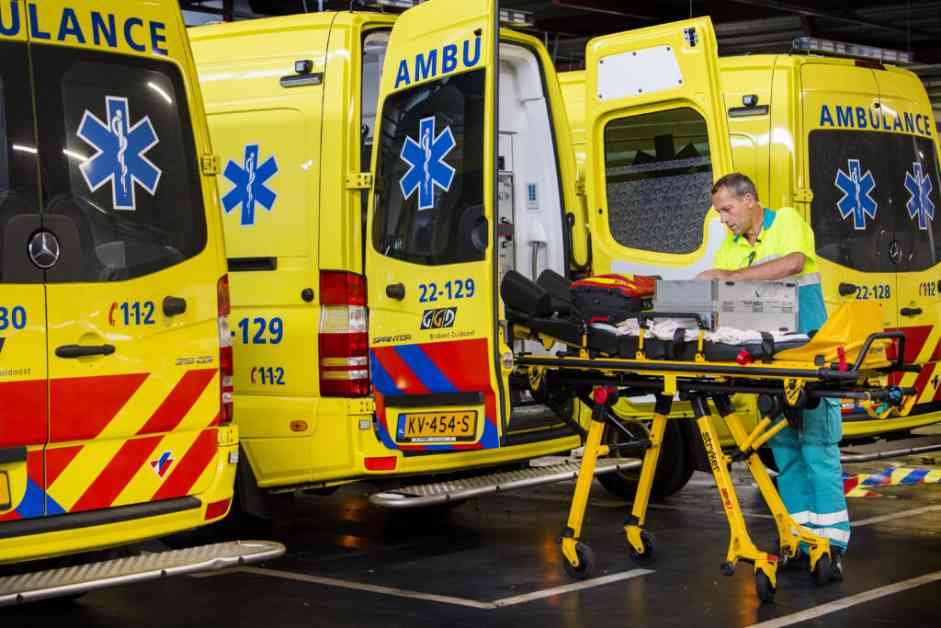You never hope to experience it, but in the event of an accident, medical emergency, or other crisis, every second counts. Helpers share an important tip that you can easily implement and that could potentially save your life in an emergency.
Sometimes you or someone around you may find themselves in a critical situation and need to call 112. Nurses, ambulance personnel, or other helpers who arrive at an accident or emergency often have to gather information under chaotic circumstances.
Helpers are looking for data in emergencies
Helper Elizabeth DiRocco, who works for the fire department, explains to the New York Times that responders on the scene often need to figure out someone’s health condition.
If responders enter a home, they often check cabinets or the refrigerator for medications and look for an ID. “But searching for these items takes time,” says Anthony Almojera, who is also a responder for the fire department.
Life-saving tip you need to know
In emergencies, every second counts. Brain damage can occur within minutes. If you’re not getting oxygen to your brain due to a heart attack or stroke, the speed of the healthcare provider’s response is crucial.
We often don’t think about the conditions that responders sometimes face. But according to them, there’s something you can do today that can make the difference between life and death. What is it? Making your personal and medical information easily accessible.
Medical and personal information
The helpers recommend three practical things:
1. Write down your information
Write down on a piece of paper that fits in your wallet the following: your name, date of birth, medical history, medication use and dosage, allergies, and an emergency contact number. “The more health information, the better,” says Almojera. Also, mentioning your blood type is useful. Almojera suggests laminating that piece of paper or finding another way to keep it intact.
2. Place the document in a visible and accessible place
For example, make two versions of such a document. A small one for your wallet and a larger one for the refrigerator or another place where helpers can quickly notice it. “This way, you ensure that responders can provide real help faster,” says Almojera.
3. Also, input this information in your phone
Responder Christopher Moehlenkamp says there are certain apps and programs to input medical data. With a medical ID on your phone, responders don’t need to use the phone’s access code.
Two more tips for an accident at home
The responders also advise two essential things to remember in case of an emergency. If you or someone else is able to call 112 in the event of an accident or emergency at home, leave the front door open. And, if possible, keep pets contained so that the responders are not disturbed or distracted.





















